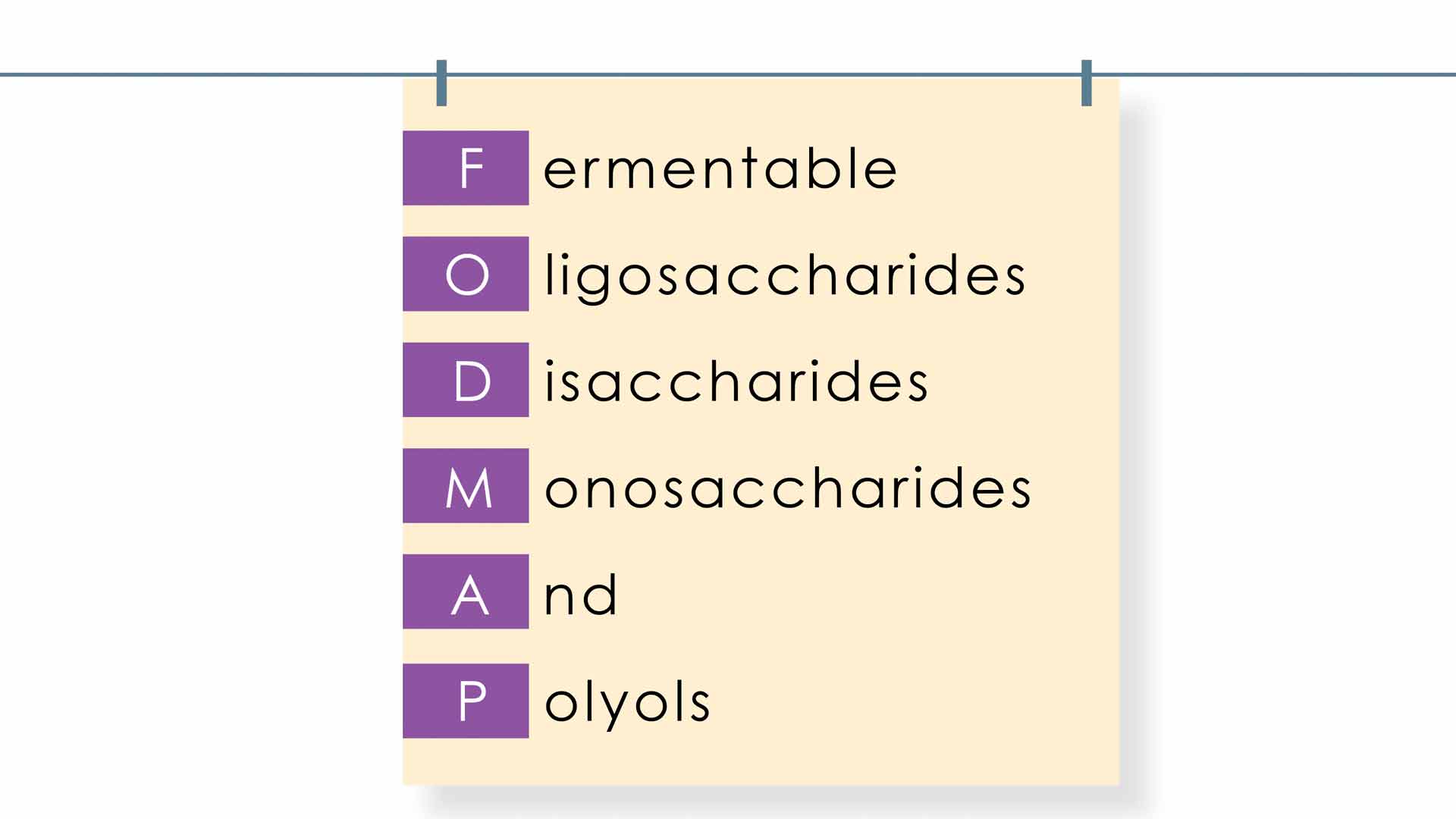By AURI
This edition of Seeing Around Corners addresses an issue of increasing discussion with regard to digestibility of foods: Fermentable Oligo-, Di-, Monosaccharides and Polyols, or FODMAPs for short. FODMAPS are defined as a collection of short-chain carbohydrates (sugars) found naturally in many foods and food additives, which the gut doesn’t properly absorb. Instead, they reach the far end of the intestine where the gut bacteria use these carbohydrates for fuel, producing gas and causing all sorts of digestive issues. Often, this triggers symptoms in people with Irritable Bowel Syndrome (IBS) and may potentially be a factor in misdiagnosing gluten sensitivity.
With growing numbers of people dealing with IBS, food producers will need to be increasingly more aware of this issue and how to address it. Because of this, AURI has partnered with the Minnesota Wheat Research and Promotion Council to conduct work with experts at the University of Alberta (UofA). The project goal is to better understand FODMAP levels through different processing techniques with their applicability to the digestibility issues facing the wheat and bread industry sectors.
Research previously conducted at UofA indicated applying specific FODMAP-targeting metabolic properties to wholegrain-bread-making potentially reduces their content in bread without affecting the levels of the slowly fermented and well-tolerated dietary fiber.
Another recent study outlined a number of concepts relating to fructan (one of the five most common FODMAPs along with fructose, lactose galactans and polyols), which allows for the development of low FODMAP sourdough bread. This process innovation offers a means for developing natural and fiber-rich low bakery products for people with digestive issues.
Thanks to these research projects, and others like them, Minnesota entrepreneurs and food producers are learning more and more about how their ingredients affect people, and just as importantly they are learning how to adjust their formulations and processes to reduce FODMAPs in their products.
AURI is learning a lot, too, which is why it will continue to work with its partners to further research in this area as well as help advance wheat based products that lower these irritants to potentially increase new market opportunities for consumers that currently suffer from IBS.
If you’d like to read more about the current and past research, please check out these resources:
https://www.monash.edu/medicine/ccs/gastroenterology/fodmap
http://www.cfp.ca/content/cfp/61/8/691.full.pdf
